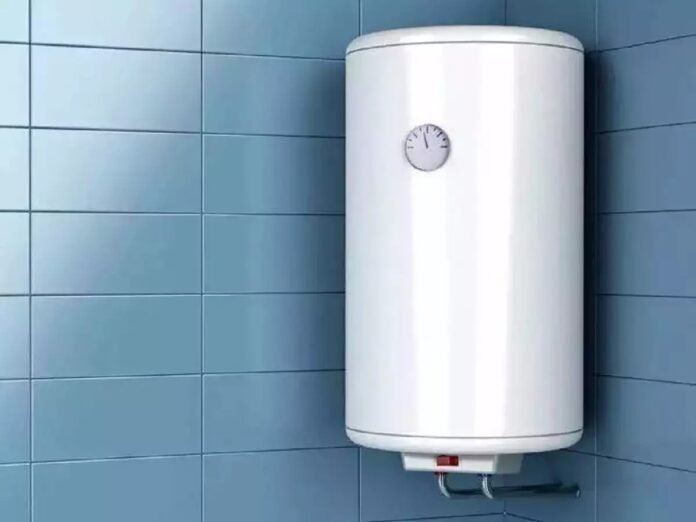Water heaters are essential appliances in homes, providing hot water for various domestic purposes. However, like any other mechanical system, they eventually wear out and need replacement. If you’re wondering how long it takes to replace a water heater, several factors come into play, influencing the duration of the replacement process.
Introduction to Water Heater Replacement
When it comes to water heater replacement, it’s essential to understand that the timeframe can vary significantly based on several factors. Whether you’re opting for a DIY approach or hiring a professional plumber, knowing what to expect can help you plan accordingly.
Factors Affecting Replacement Time
Type of Water Heater
The type of water heater you have plays a significant role in determining how long the replacement process will take. Tankless water heaters, for example, typically have a more straightforward installation process compared to traditional tank heaters.
Size and Capacity
The size and capacity of the water heater also affect the replacement time. Larger units may require more time for installation and may involve additional steps, such as adjusting the plumbing connections to accommodate the new heater.
Location and Accessibility
The location of the water heater within your home and its accessibility can impact the replacement time. Water heaters located in tight spaces or confined areas may require more time to maneuver and install properly.
Preparation Before Replacement
Before starting the replacement process, it’s essential to make adequate preparations. This includes gathering all the necessary tools and materials, such as wrenches, pipe fittings, and a new water heater. Additionally, you’ll need to shut off the utilities connected to the water heater, including water and gas or electricity.
Steps in Replacing a Water Heater
Draining the Tank
The first step in replacing a water heater is draining the tank. This involves turning off the water supply and attaching a hose to the drain valve to empty the tank completely.
Disconnecting the Old Heater
Once the tank is empty, you can disconnect the old water heater from the plumbing and electrical or gas connections. This may require using wrenches and other tools to loosen fittings and pipes.
Installing the New Heater
Next, you’ll install the new water heater in place of the old one. This involves connecting the plumbing and electrical or gas connections according to the manufacturer’s instructions.
Connecting Pipes and Fittings
After the new water heater is in place, you’ll need to connect the pipes and fittings to ensure proper operation. This may involve using Teflon tape or pipe dope to seal the connections and prevent leaks.
Testing the New Heater
Once everything is connected, it’s essential to test the new water heater to ensure it’s working correctly. This includes checking for leaks, verifying proper water flow, and adjusting the temperature settings as needed.
Time Estimates for Different Types of Water Heaters
Tankless Water Heaters
Tankless water heaters typically have a faster installation process compared to traditional tank heaters. Depending on the complexity of the installation and any additional modifications required, it may take anywhere from a few hours to a full day to complete the replacement.
Traditional Tank Water Heaters
Replacing a traditional tank water heater may take slightly longer due to the additional steps involved, such as draining the tank and removing the old unit. On average, the replacement process for a traditional tank water heater can take between four to six hours, depending on various factors.
Hiring Professionals vs. DIY
While some homeowners may opt to replace their water heaters themselves to save money, hiring a professional plumber can often ensure a faster and more efficient replacement process. Additionally, professionals have the knowledge and experience to handle any unexpected challenges that may arise during the installation.
Conclusion
In conclusion, the time it takes to replace a water heater can vary depending on factors such as the type of heater, size, and accessibility. By understanding the steps involved and adequately preparing for the replacement process, homeowners can ensure a smooth and timely installation of their new water heater.
